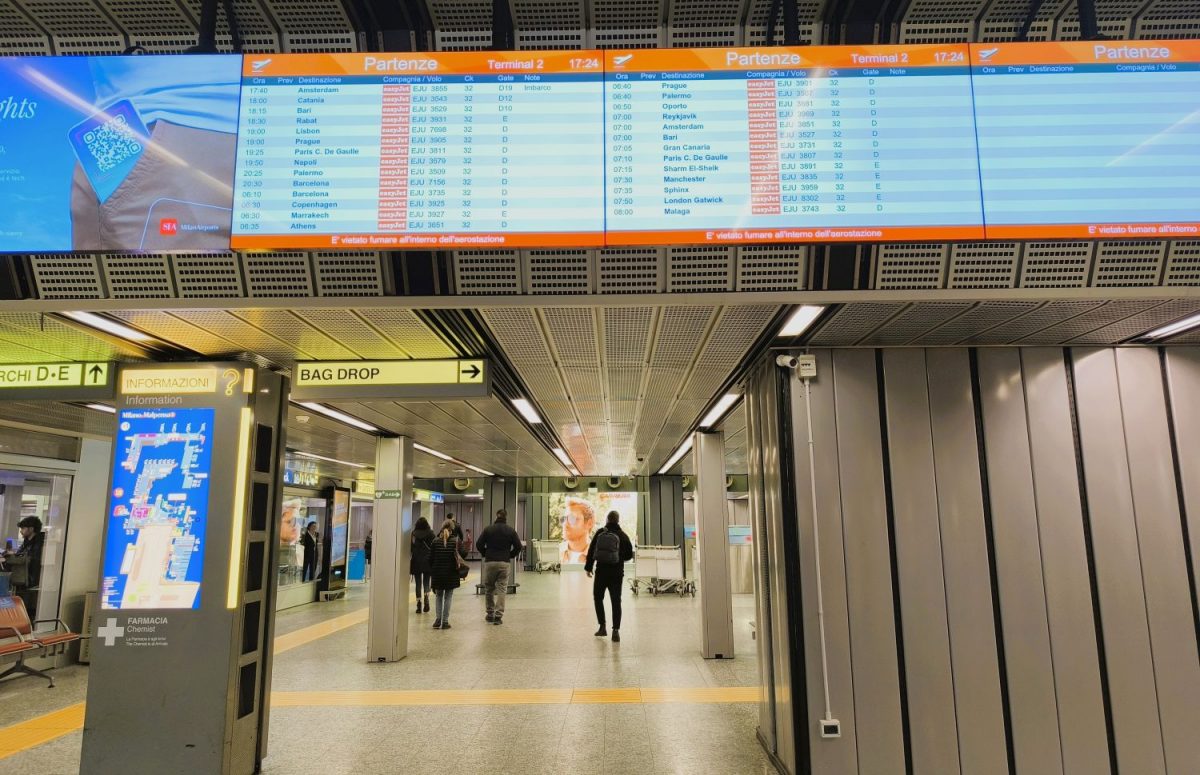Sanctions a side issue in Fiji
In a report in The Dominion Post yesterday Richard Longs says Jonathon Hunt for Fiji, then? The suggestion, from a correspondent to this paper, would mean removing the London High Commissioner from his Chelsea comfort zone and replacing his promotional barrel of pinot noir with a bowl of kava, but if nothing else the appointment would mightily perplex Fiji strongman Commodore Voreqe Bainimarama.
The commodore’s deplorable action in expelling the able New Zealand High Commissioner Michael Green quite correctly drew the wrath of Prime Minister Helen Clark and Foreign Affairs Minister Winston Peters, but they both veered off the rails when they indicated Mr Green would not be replaced. Then they went further askew in comments which seemed aimed at crippling Fiji’s economy, rather than sticking to the real issue of tying the commodore to a timetable for elections in 2009.
New Zealand needs to continue to talk to Fiji, at all levels. That means a replacement high commissioner, in spite of Mr Green’s treatment.
Big, straight-talking former MFAT staffer John Hayes would have been ideal for the kava bowl task, if he was still the head of the ministry’s South Pacific division.
Mr Hayes solved the Bougainville crisis for then foreign affairs minister Don McKinnon, causing eyebrows to be raised with his unorthodox methods – and getting shot down in a helicopter at one stage. But he cracked a problem which looked insoluble. However, as the National Party MP for Wairarapa, Mr Hayes will be persona non grata himself to the present Government.
But we need to send a Pacific expert – and soon. The ministry has a number, most notably deputy secretary Peter Hamilton, formerly High Commissioner to Samoa.
The formidable Sarah Dennis, another former head of the ministry’s South Pacific division and the present ambassador to Paris, would be an option.
Or, being more creative, the Government could opt for someone like former senior army officer and head of Te Puni Kokiri Wira Gardiner.
The frustrations in dealing with the erratic commodore are understandable. In normal circumstances, he and Mr Peters would get along like a house on fire, and once did, before recent events, in a celebrated night out at the Green Parrot.
But in spite of the multiple irritations and some alarming trends, such as human rights abuses, senior police being replaced by army officers, and indications that judges may terminate their warrants, New Zealand needs to continue to talk to the commodore and others in Fiji.
We also need a reduction in the megaphone diplomacy and to stop threatening to use the ministry’s travel advisory as a political weapon.
Miss Clark got nowhere with Australian Prime Minister John Howard on that front.
Just imagine the consequences if Miss Clark had her way and tourism was halted and European Union sugar subsidies were cut.
Fiji would spiral into complete economic breakdown.
Those depressing shantytowns of the homeless and jobless around Suva would be repeated all around the country.
There would be a breakdown of law and order. We would have another Solomons on our doorstep.
The Fiji military would then have every excuse to delay elections indefinitely.
And, inevitably, the cost of propping up another Pacific basket case would fall on Australia and New Zealand.
Similarly, politicians are barking up the wrong tree in the campaign to get the UN to cut Fijian peace-keeping operations.
For a start, other countries, such as New Zealand, would not be prepared to go where the Fijians go, such as into the Green Zone in Baghdad and the worst areas of Lebanon.
And if Fijian soldiers were sent home and demobbed can we imagine for one moment they would be happy back in the village, tending the taro patch? They would comprise further coup material.
The commodore came to power – even if he got there by the wrong means – with a commendable multicultural and anti-corruption agenda, bringing Mahendra Chaudhry, the deposed former prime minister, into his team, earning the backing of many Indo- Fijians.
He had an understandable distrust of the earlier coupsters, who came within a whisker of killing him seven years ago and who were about to be granted amnesty.
The EU sugar subsidies, worth nearly $300 million, are dependent on the commodore maintaining the rule of law and establishing a timetable for elections in 2009.
The Government and Pacific commentators are rightly suspicious of his vague response that this date looks okay “in principle”.
Talks should be directed toward implementing this timetable.
Talk of economic sanctions should be shelved.
Report by The Mole and The Dominion Post
John Alwyn-Jones
Have your say Cancel reply
Subscribe/Login to Travel Mole Newsletter
Travel Mole Newsletter is a subscriber only travel trade news publication. If you are receiving this message, simply enter your email address to sign in or register if you are not. In order to display the B2B travel content that meets your business needs, we need to know who are and what are your business needs. ITR is free to our subscribers.








































CCS Insight: eSIMs ready to take the travel world by storm
Germany new European Entry/Exit System limited to a single airport on October 12, 2025
Airlines suspend Madagascar services following unrest and army revolt
Qatar Airways offers flexible payment options for European travellers
Air Mauritius reduces frequencies to Europe and Asia for the holiday season